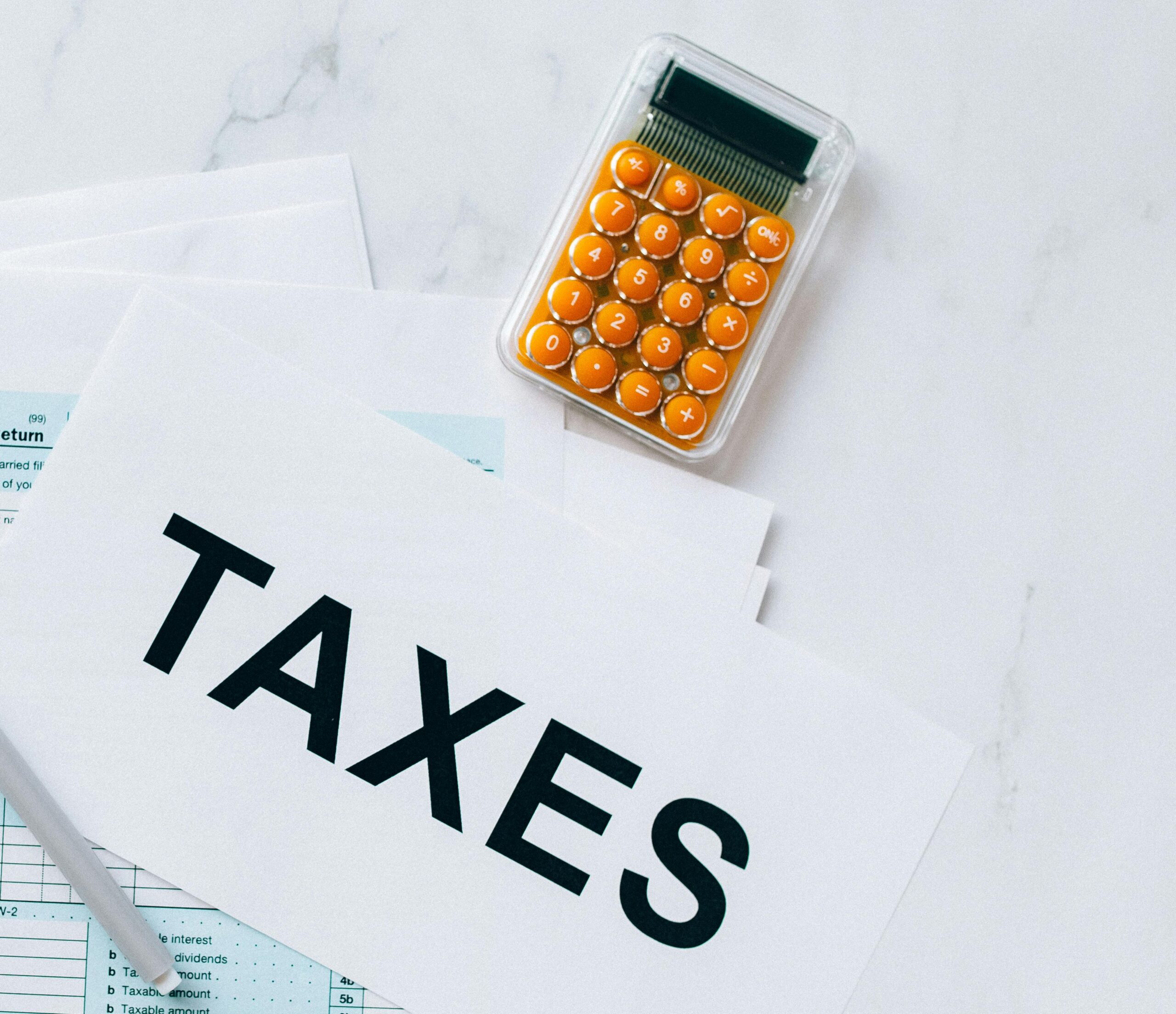The tax on divorce pension payout is not pushed back onto the partner who originally built up the pension fund. The responsibility lands on the recipient.
Although it may sound severe, this is meant to maintain consistency. The same rule applies here, as pension withdrawals are always subject to taxes. The most important thing to realize is that the tax on divorce pension payout is governed by the same regulations as if the recipient had taken money out of their own retirement account.
The individual who receives the money must pay the tax on divorce pension payout. The original pension bearer is not expected to bear the tax burden by SARS. The money is taxed using the retirement tax tables and is regarded as a lump sum withdrawal. The tax can be postponed if the funds are moved straight into another retirement account. SARS will tax the payout immediately if the receiver decides to accept it in cash. That’s the simple solution.
Tax On Divorce Pension Payout
People frequently bring up property, custody, and bank accounts while discussing divorce. Pension funds can occasionally seem like a secret aspect of the procedure. However, for a lot of South Africans, one of the biggest assets accumulated during a marriage is a pension or provident fund. A non-member spouse may be entitled to a share of that worth in divorce settlements. Although the payout is a right in and of itself, people who anticipate that the entire amount would arrive in their bank account unaltered may be surprised by the tax on divorce pension payout.
See also: Divorce Pension Payout Calculator
This payout is considered an early withdrawal under the law. Thus, the retirement tax tables are retrieved by SARS. The amount that is subtracted is determined by the brackets that around these tables. Tax rates may be lower for smaller sums and higher for bigger payouts. As a result, the amount that appears in the account is not always the same as the amount on the divorce settlement. A person may anticipate half a million, but before it clears, a portion may vanish. The tax on divorce pension payout actually has that impact.
No one is intended to be punished by this system. It’s just the way that all retirement savings are handled. Typically, taxes are applied at retirement, the only time a person can collect their pension. SARS intervenes right away since divorce is one of the few circumstances in which early access is permitted. If someone quits their employment and takes their money out in cash, the same thing occurs. Divorce alone does not cause tax laws to change.
Reinvesting the dividend into another authorized retirement vehicle is the only method to lessen or eliminate the tax impact. No taxes are deducted right away if the receiver moves the money to a retirement annuity or preservation fund. According to retirement regulations, the money keeps growing and taxes are only levied when withdrawals are made. For people who don’t need the money right away, this is frequently the better course of action. Accepting the tax on divorce pension payout as part of the agreement is necessary because many people would rather use the payout right away.
It is crucial to understand that the spouse who is a member and whose funds are being divided is exempt from paying taxes on the amount given to the non-member spouse. It completely shifts that liability. For the sake of justice, this division is essential. While the beneficiary is subject to tax at the time of payout, the member spouse retains their own tax liabilities associated with future withdrawals. In this manner, both parties bear the burden associated with their respective shares, and SARS collects taxes from the appropriate person.
In the midst of chaos, money withdrawn from a pension following a divorce can feel like a lifeline. It can be used to start over financially, pay for education expenses, or purchase a new home. However, it may shrink more quickly than anticipated. Divorce settlements are sometimes thought to be tax-free because they are court-ordered. That isn’t accurate. Although the court ruling determines who receives what, SARS continues to use the conventional method to assert its share. Therefore, unless the transfer option is selected, the tax on divorce pension payout is an inevitable step.
For years, there has been uncertainty around the taxation of these settlements. Prior to stricter regulations, certain funds had lengthy payment delays, and recipients were unaware of when they would receive their money. Reforms sped up the process by allowing non-member spouses to file claims as soon as the divorce order was issued. However, the tax laws remained the same. The criteria for retirement withdrawals and the tax on divorce pension payouts have always been in line.
Without enough planning, a lot of receivers misunderstand how complicated this can be. A person may be forced into a higher tax rate if they get a sizable settlement all at once. That translates to more taxes than anticipated. The tax burden might have been lessened if the same funds had been allowed to accumulate in a retirement account and then taken out in lesser amounts over time. For this reason, some decide to roll over the remaining portion into a retirement plan and only receive a portion of the payoff in cash. The decision is based on long-term planning and budgetary requirements. When cashing out, the tax on divorce pension payout is still an inevitable fact.
Administrators and pension funds must handle the paperwork with care. Before distributing the remaining amount, they are the ones that compute the tax and submit it to SARS. Since SARS is deducted up front, the recipient does not need to manually pay it. This streamlines the procedure, but it also eliminates any possibility of tax postponement. The money has already been taxed by the time it reaches the bank.
Divorce is associated with a wide range of emotions. One of the main causes is frequently financial stress. It can be less surprising to know how pension benefits are taxed. Although the system is predictable, it is not flawless. One of such laws that can only be well controlled is the tax on divorce pension payout. Knowing the tax implications is essential, regardless of whether the funds are transferred into another retirement program or withdrawn as cash.
Both sides might benefit from looking below the headline numbers when negotiating financial settlements. Although a settlement that promises a sizable pension payout may seem alluring, the actual amount after taxes may be much smaller. Tax-free growth in the future may be more valuable than cash now. Financial security may be impacted for decades by decisions made during a divorce. A solid start or continued financial hardship can result from taking the time to account for the tax on divorce pension payout.
Disclaimer: The information provided in this blog is for educational and informational purposes only and should not be considered financial, investment, or legal advice. I am not acting as your financial advisor. You should always do your own research or consult with a qualified professional before making financial decisions.


